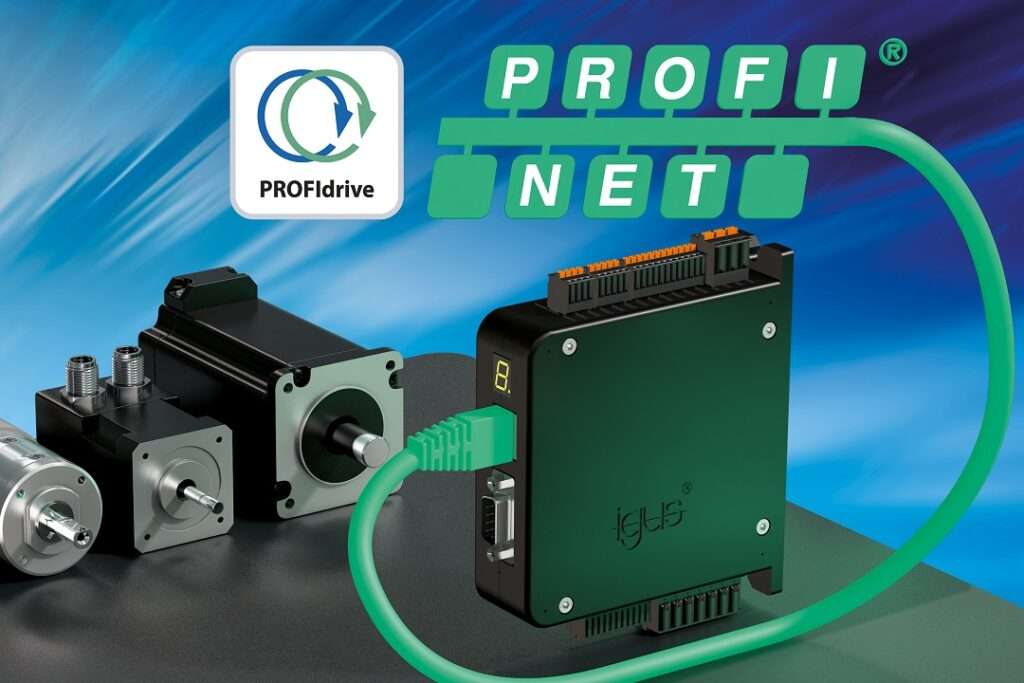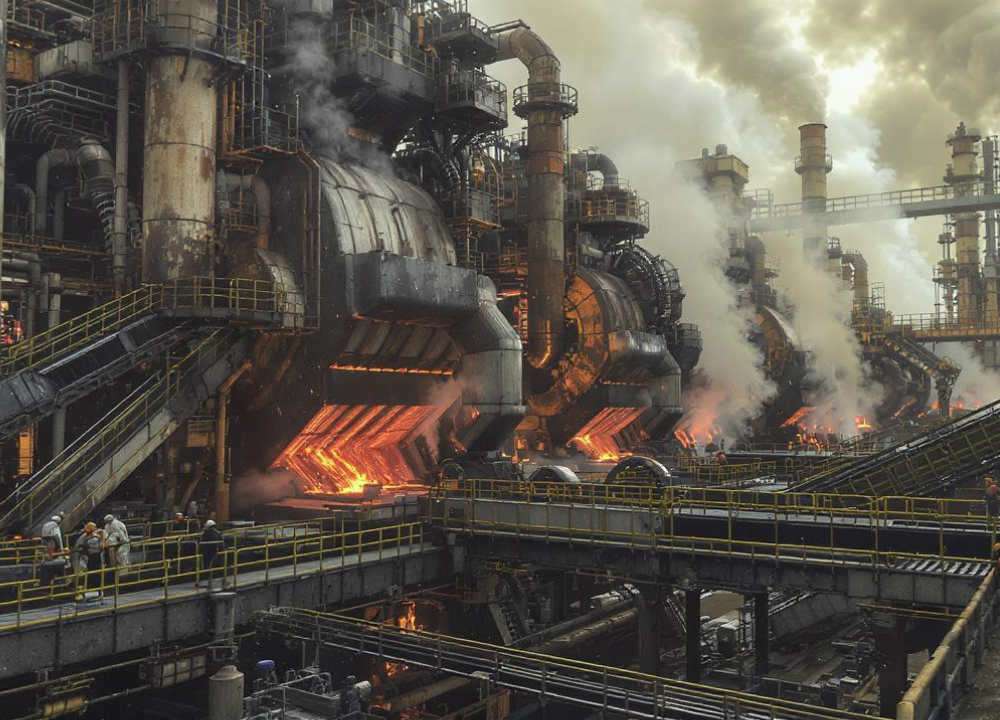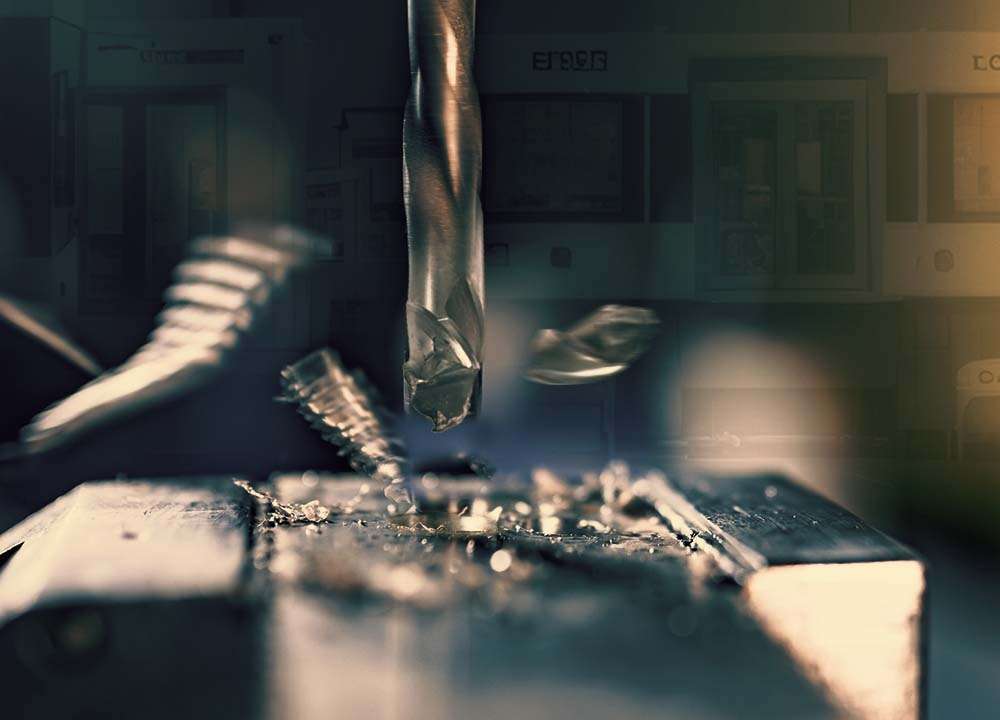In the food catering industry in India, industrial kitchens take center stage as vibrant hubs of culinary ingenuity and gastronomic advancement. Each day, they cater to a wide range of customers, including educational institutions, healthcare facilities, and expansive cafeterias within manufacturing plants. With their ability to handle large quantities of food, these kitchens guarantee not only delectable flavors but also unwavering excellence in every dish served. But the cleaning of the kitchen is a less glamorous but equally important part of what goes on behind the scenes to keep these restaurants functioning properly. A complicated environment that tests even the most experienced cooks and kitchen workers.
It is not overstated how important it is to have sanitary cleanliness in India’s industrial kitchens that serve meals. The public’s health and food safety are the first priorities because these kitchens serve a sizable crowd every day. Strict cleaning procedures are essential for avoiding bacteria, viruses, and cross-contamination, which in turn prevents the spread of food-borne illnesses. Adherence to regulatory compliance is also essential because industrial kitchens must follow strict health laws and regulations.
Not meeting these standards can result in fines, penalties, and legal repercussions, as well as damage to the establishment’s reputation. Maintaining clean kitchens not only promotes operational efficiency by facilitating efficient food preparation, minimizing cleaning time during busy periods, and prolonging the lifespan of kitchen equipment to avoid expensive replacements, but also instills customer trust. In this article, we delve into the indispensable role of industrial kitchen cleaning equipment in navigating the multifaceted challenges of maintaining cleanliness and efficiency.
Challenges in Industrial Kitchen Cleaning
The multitude of problems involved with industrial kitchen cleaning makes it a challenging task. These challenges consist of:
- Large-scale food production: The volume of food production is large, and the foot traffic is high, which leads to a lot of debris, spills, and splatters. These required the use of efficient cleaning solutions to keep up with the constant demand.
- Grease and oil: Grease and oil consistently form on surfaces and equipment, these need to be removed by specialized methods and agents, otherwise they will need to be accumulated.
- High Temperature Environment: The hot temperatures in the kitchen have a negative impact on the cleaning agents’ evaporation rate and require heat-resistant materials.
- Diversity of surfaces: Different surfaces like stainless steel appliances and flooded areas need to be cleaned differently and with different products, this adds to the complexity of the process.
- Time Limitations: Kitchen employees often must meet strict deadlines and quick clean-ups, which causes them to rush or have insufficient cleaning time.
- Water and Drainage Management: Effective water and drainage management is pivotal in preventing falls and slips, particularly near sources of standing water and near dishwashing areas.
- Sustainability Concerns: While it’s important to dedicate to sustainability, the meticulous way that chemicals are discarded, and wastewater is treated in an industrial setting presents issues in a culinary capacity.
These obstacles highlight the need for comprehensive cleaning strategies and specialized equipment to ensure the safety and hygienic nature of industrial kitchen environments.
Importance of specialized equipment for efficient cleaning
Traditional cleaning methods, such as scrubbing with detergents or basic cleaning, are often not effective in professional kitchens. The large amount of cooking activity results in a rapid buildup of grease, oils, and food debris on the surface, which promotes the growth of bacteria and facilitates cross-contamination. Attempting to remove these stubborn substances by hand takes time and labor away from employees and poses a risk to them due to harsh chemicals and repetitive motions.
On the other hand, there are several benefits to using specialist equipment designed for industrial kitchens beyond only the ease of cleaning the equipment. These tools use cutting-edge technology and useful design to improve efficiency and effectiveness while addressing the particular problems that arise in these settings.
Steam cleaners, such as the Vicleanator, utilize high pressure steam to permeate and dissociate grease and grime without the need for chemical abrasives. This not only guarantees thorough cleaning, but also reduces the likelihood of chemical compounds being contaminated in food or other surfaces. Additionally, steam cleaning eliminates the need for excessive cleaning, this reduces the strain on workers’ muscles and joints and decreases the probability of repetitive motion injuries.
Additionally, specialized equipment often has innovative features like adjustable nozzles, ergonomic handles, and automated functions, all of which contribute to increased efficiency and ease of use. For example, floor scrubbers that have a rotating brush and multiple configurable options can effectively clean large areas in a fraction of the time needed by manual methods, this leaves employees free to focus on other important tasks.
Also, specialized floor cleaning solutions are crucial in addressing the unique challenges of professional kitchens. Traditional methods often struggle with stubborn grease and food debris that need to be rubbed or scraped off the floor. Commercial-grade cleaning solutions tailored for kitchen floors combat grease buildup on porous surfaces like quarry tile. Additionally, specialized products for walk-in refrigerators and freezer floors ensure effective cleaning without creating hazardous conditions.
These solutions not only maintain cleanliness but also uphold safety standards, safeguarding the well-being of both staff and patrons. Products like these make industrial kitchen cleaning easier. High-quality Scourers ensure efficient cleaning with lasting abrasiveness, while innovative PVA Microfiber cloths offer superior liquid absorption and streak-free wiping. With durable materials and easy handling, they are essential tools for maintaining cleanliness in busy kitchen environments.
Enhancing employee safety and productivity
Prioritizing employee safety through comprehensive training and adherence to safety measures ensures a secure work environment and enhances productivity. Investing in top-tier cleaning equipment and implementing a structured cleaning schedule reinforces safety protocols and maintains cleanliness standards. Moreover, emphasizing sustainability underscores the commitment to environmental responsibility, aligning with broader organizational goals. A few methodical approaches that result in a clean and safe kitchen:
- Specialized Cleaning Equipment:
Mitigates safety risks associated with manual cleaning.
Streamlines workflows, enhancing overall productivity. - Comprehensive Training:
Ensures staff proficiency in proper cleaning techniques.
Emphasizes the selection of suitable cleaning agents for various surfaces. - Well-Structured Cleaning Schedule:
Encompasses daily, weekly, and monthly tasks.
Prevents the accumulation of grease and grime, reducing safety hazards. - Investment in Top-Tier Cleaning Equipment:
Includes steam cleaners, scrubbers, and pressure washers.
Effectively tackles stubborn stains and grime, promoting a hygienic environment. - Rigorous Safety Measures:
Utilization of personal protective equipment (PPE).
Prominent display of safety signage to raise awareness. - Emphasis on Sustainability:
Exploration of eco-friendly cleaning solutions.
Adoption of responsible waste disposal methods, aligning with environmental goals.
Sustainability and Environmental Impact
The industrial kitchen’s cleaning must take environmentally friendly methods in order to minimize environmental impact. Advancements in technology provide various solutions, from environmentally friendly detergents to energy-efficient equipment, all designed to minimize ecological impact while maintaining high hygiene level. Biodegradable detergents naturally break down, this reduces the harm to ecosystems while also conserving resources. The equipment is energy-efficient, the water consumption is optimized, and the motors are low-energy.
Likewise, sustainability includes green cleaning practices and water recycling systems in addition to product selection. By putting these techniques into practice, one can improve operational efficiency and brand reputation while simultaneously reducing environmental effects. Adopting sustainability is not just the right thing to do, but it’s also smart business, drawing in eco-aware clients and saving money in the long run. Industrial kitchens may maintain cleanliness requirements and create a healthier, greener future by incorporating eco-friendly methods.
The importance of industrial kitchen cleaning equipment cannot be understated. These instruments are essential for keeping the kitchen clean along with the environment surrounding it to be safe and sanitary, from controlling heavy grease to assuring compliance with health laws. Businesses that invest in specialist equipment not only meet hygienic regulations, but also prioritize employee safety, productivity, and environmental sustainability. In the fast-paced world of industrial kitchens, efficiency is essential, and specialized cleaning equipment is the key to success.








